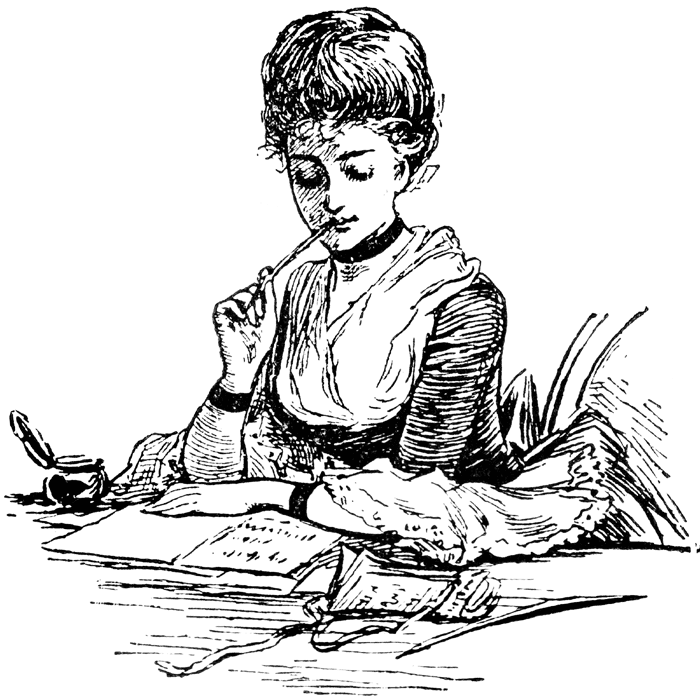"1. Tear into it
In her book, Practical Tips for Writing Popular Fiction
(Writers Digest), novelist Robyn Carr suggests you study fiction to
become a better writer. This is great advice. Read a book once as a
dreamer, a second time as detective. Start looking at how other authors
are doing it. How do they structure their sentences? How much dialogue
do they use? What are the main plot points? Don’t just do it on good
books but on those that disappointed you. Try to find the knocks in the
engine.
Picasso said to copy others was necessary but to copy
yourself is pathetic. That’s a good point. I’m not suggesting you copy
or steal other stories – but to look at the structure behind the stories
of others. You then start to use this to build your own stories.
Tip:
Type out the first page or chapter of a novel you’ve read. You’ll be so
close to the work, you’ll see the structure emerge first hand.
2. It’s in the detail
When
learning our craft, we learn to pay careful attention to detail. We
start to see how important it is to paint our words with the right
colour, shape and size. The right detail makes your writing come to
life, and helps us build a believable story world. Sometimes we forget
that what we see in our minds as writers isn’t available to the reader –
we have to make sure it’s on the page. We learn to gather and organise
these so they draw the reader in.
Tip: Visit a coffee shop.
Write down all the fascinating and mundane descriptive details. Fill a
page or ten pages. Find the ones that give a mental picture of the
place. Choose just five sentences from your pages that give the best
‘snapshot’.
3. Take off the training wheels
Reading and studying
about the craft of writing can teach us a lot – and writing is about
learning and improving all the time. But ‘studying’ can also turn into a
form or procrastination. We don’t get back to our stories and put
(perfect) theory into (sometimes-clumsy) practice.
We all have
our own approaches to writing. No one can tell you how writing will work
in your life and your career. This is something you have for figure out
for yourself. But as they say: ‘Learn the rules before you break
them.’
Tip: Have a Journalist Day. Find the one event in
your day – or even a friend’s day – and write a 300-word article, poem
or mini-story about it. Give yourself a 5pm deadline. Keep it. Get in
the habit to writing to a deadline.
Making up stories is easy.
Finding the language, structure and focus to shape your imagination into
a novel, screenplay or short story is a lot of hard work".
Fonte:
Writers Write















.%2BAndrei%2BBelichenko.jpg)
%2BAndrei%2BBelichenko.jpg)
%2BAndrei%2BBelichenko.jpg)
Andrei%2BBelichenko.jpg)
%2BAndrei%2BBelichenko.jpg)
%2BAndrei%2BBelichenko.jpg)
Andrei%2BBelichenko.jpg)



.jpg)



